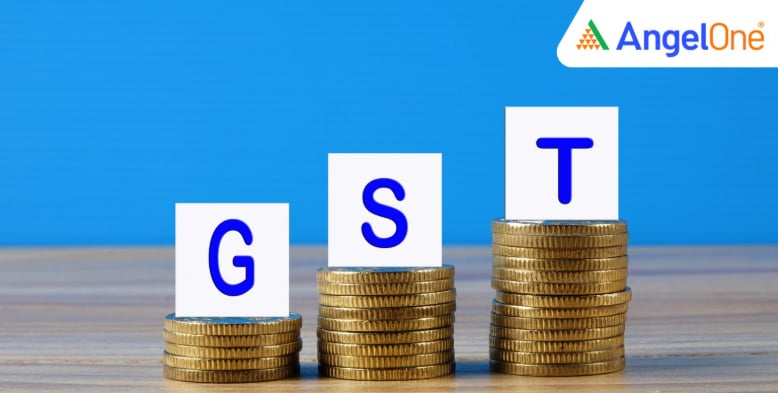
In Q1 FY26, Goods and Services Tax (GST) officers have identified a significant amount of fake input tax credit (ITC) claims, totaling ₹15,851 crore. This marks a 29% increase compared to the same period last year, even though fewer fake companies were found.
During April-June of FY26, GST officers from both central and state governments detected 3,558 fake companies. This is a decrease from the 3,840 fake companies found in the same quarter of FY25.
Officials believe this reduction in fake firm detection shows that recent efforts to make GST registration tougher are working. On average, around 1,200 fake firms are still being detected each month.
Under the GST system, ITC allows businesses to claim back the taxes they have paid on purchases from their suppliers. This credit then reduces the tax they owe when selling their own products or services. However, some dishonest individuals create fake companies just to claim these tax credits without any real business activity, thus cheating the government.
Dealing with fake ITC has been a major challenge for the GST administration. In the financial year 2024-25 alone, GST officers found 25,009 fake firms involved in fraudulently claiming ITC worth ₹61,545 crore.
To combat this, two major nationwide campaigns against fake GST registrations have been conducted. The first drive, from May 16 to July 15, 2023, identified 21,791 non-existent entities and detected suspected tax evasion of ₹24,010 crore. A second drive, from April 16 to October 30, 2024, found about 18,000 fake companies involved in tax evasion of roughly ₹25,000 crore.
To prevent such fraud, the GST registration process has been made much stricter. For example, while low-risk businesses can get GST registration within 7 days, applications flagged as risky by data analysis now require mandatory physical verification and Aadhaar authentication.
The GST Act also includes provisions for punishing those who wrongly claim ITC, such as suspending or canceling registrations, blocking ITC in electronic ledgers, and even temporarily seizing property or bank accounts to recover government dues.
Read more: GST Payment Alert: Tax Department Explains Why Bengaluru Traders Can’t Dodge Taxes by Rejecting UPI.
The continuous efforts by GST officers are crucial in tackling the issue of fake input tax credit claims. While the value of detected fraud has increased, the reduction in the number of fake firms identified suggests that stricter registration processes are making an impact. These ongoing measures, combined with legal penalties, aim to strengthen the GST system and protect government revenue from fraudulent activities.
Disclaimer: This blog has been written exclusively for educational purposes. The securities mentioned are only examples and not recommendations. This does not constitute a personal recommendation/investment advice. It does not aim to influence any individual or entity to make investment decisions. Recipients should conduct their own research and assessments to form an independent opinion about investment decisions.
Published on: Jul 21, 2025, 12:54 PM IST

We're Live on WhatsApp! Join our channel for market insights & updates
